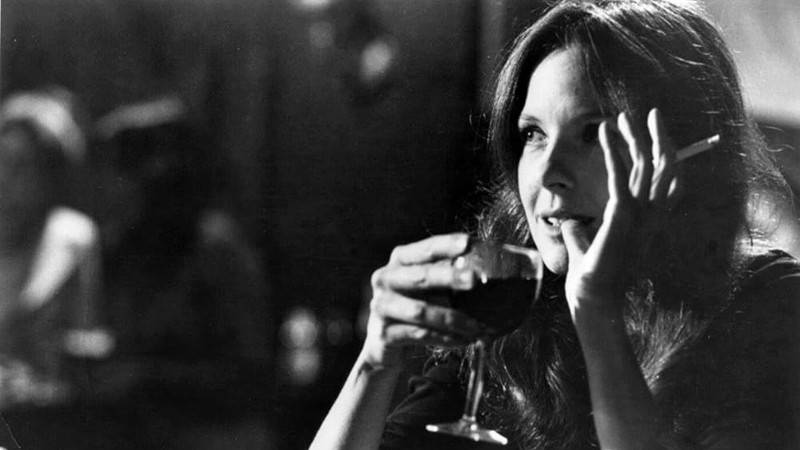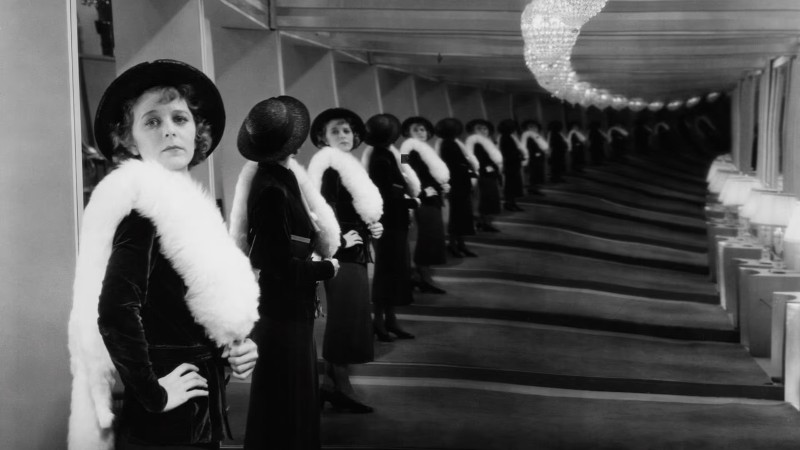Bong Joon-ho’s Parasite

If we take just a moment to look at the competition at Cannes purely as a horse race, we can’t help but notice that, as of this writing, Bong Joon-ho’s Parasite has taken the lead on nearly all the grids tracking critics’ ratings. Wielding humor as his sharpest sword, Bong has taken jabs at South Korean law enforcement in Memories of Murder (2003) and Mother (2009) and slashed away at governments and corporations in treacherous cahoots in The Host (2006) and Okja (2017). With Parasite, “Bong is back and on brilliant form,” announces Jessica Kiang in Variety, “but he is unmistakably, roaringly furious, and it registers because the target is so deserving, so enormous, so 2019: Parasite is a tick fat with the bitter blood of class rage.”
A few critics reviewing Parasite have drawn comparisons to Bong’s Snowpiercer (2013), in which class divisions are neatly mapped out from car to car as the last train on Earth races along horizontal rails. In Parasite, the lines are vertical. At the bottom, huddled in a cramped subterranean apartment in a working class neighborhood where drunks stop by to barf or urinate on their windows, Ki-taek (Bong regular Song Kang-ho), his wife Chung-sook (Chang Hyae-jin), and their son Ki-woo and daughter Ki-jung (Choi Woo-shik and Park So-dam) will resort to any means necessary to make ends meet. Many have been reminded of the scrappy resourcefulness of the family in Hirokazu Kore-eda’s Shoplifters, the winner of last year’s Palme d’Or.
With the help of a connection at school and Ki-jung’s talent for forgery, Ki-woo uses a fake diploma to land a job tutoring the daughter of an almost obscenely wealthy family, the Parks, who live in a smashingly designed home atop a hill in an elite neighborhood. Taking advantage of the sweet and slightly neurotic nature of wife and mother Yeon-kyo (Cho Yeo-jeong), Ki-woo arranges to have his sister come in to tutor her son, Da-song (Jung Hyeon-jun). Pretending to be strangers to each other and working in tandem, the duo manages to have the Parks’ driver replaced by their father. Then they set their eyes on the family maid. “Essentially a twist-laden black comedy in ‘home invasion’ mode, with a rich streak of scabrous social satire,” writes Jonathan Romney in Screen, “Parasite is a malign delight from start to finish, with a Machiavellian sense of mischief and a cinematic brio that shows Bong reveling in his Hitchockian control of somewhat Buñuelian material.”
Movement up and down the economic ladder in Parasite is nowhere near as clear-cut or straightforward as the revolt staged in Snowpiercer. At Vulture, Bilge Ebiri observes that Parasite “creates its own audience as it proceeds, playing with our sense of identification, making us cheer on depraved behavior and then pulling the rug out from under our sick expectations,” and “much of Parasite’s great power comes from the way it coddles and undoes our allegiances, and then builds them back up again.” Bong “never forsakes his characters’ emotional through lines, so even their strangest, most catastrophic actions feel grounded in psychological reality.”



